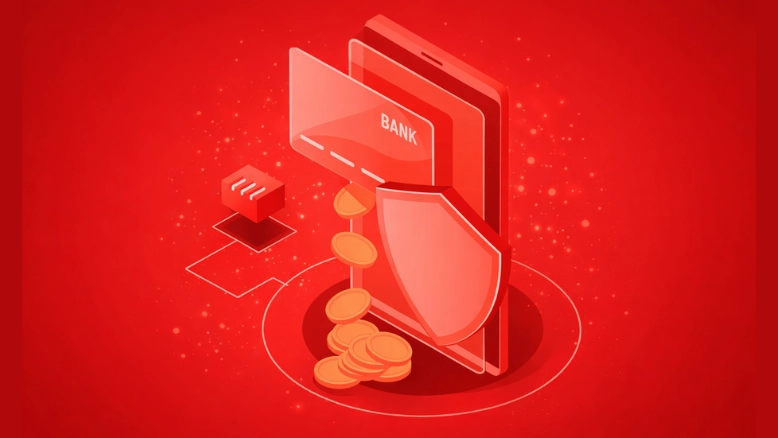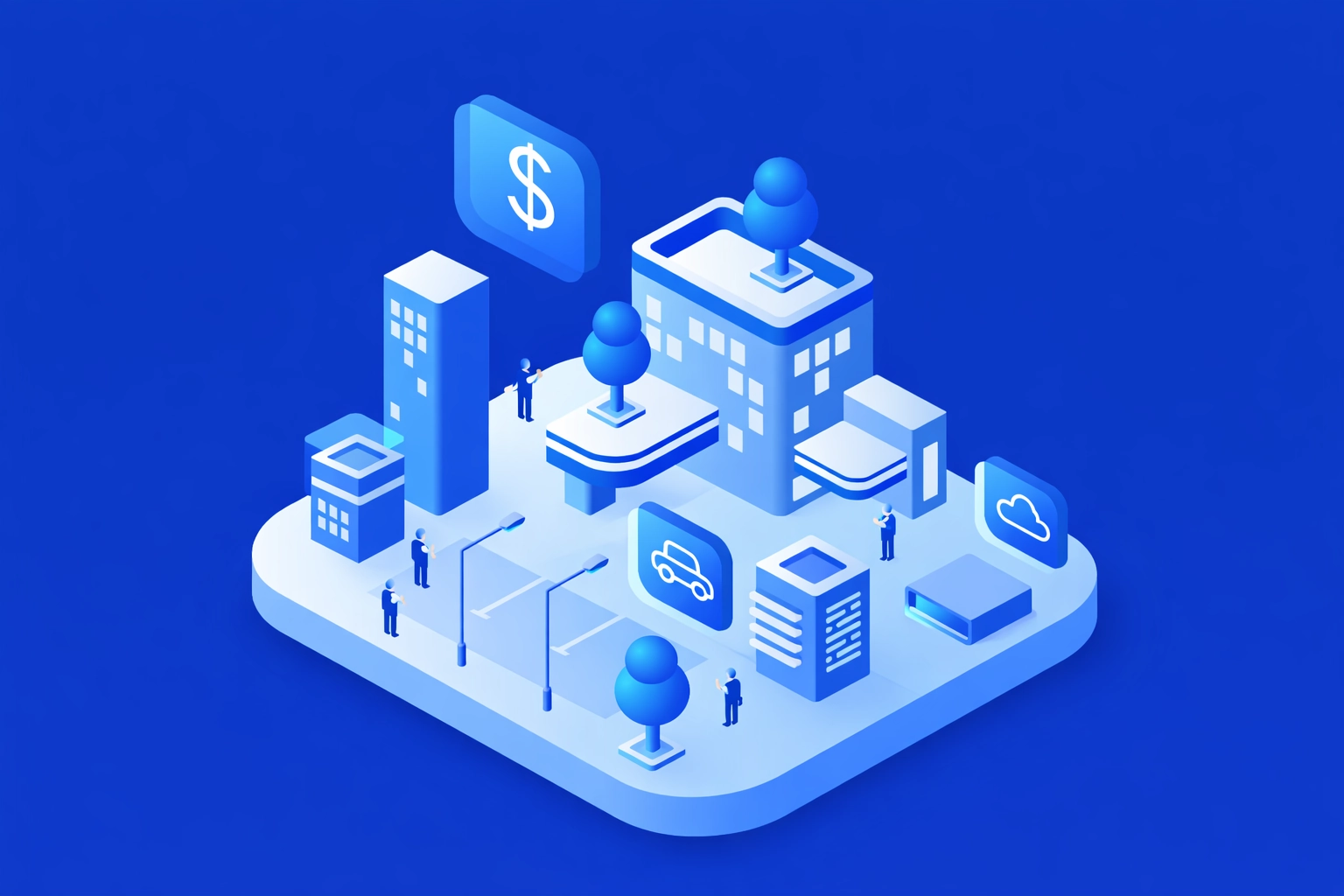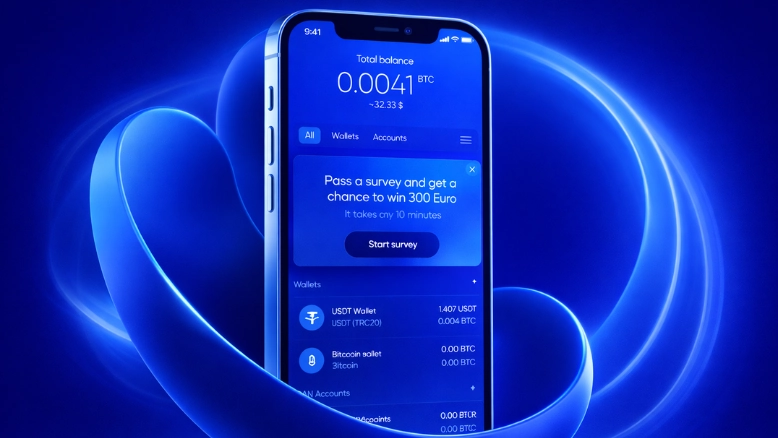Key Takeaways
- Streaming payments in smart contract systems enable continuous fund transfers calculated per second, revolutionizing payroll, subscriptions, and service billing across USA, UK, UAE, and Canada.
- Unlike traditional lump-sum transfers, streaming payments reduce counterparty risk by releasing funds gradually while maintaining sender control over uncommitted balances.
- Time-based logic within smart contracts automatically calculates accrued payments, enabling recipients to withdraw earned funds anytime without manual processing.
- Major protocols like Sablier and Superfluid process billions in streaming volume, demonstrating enterprise-ready maturity for real-world financial applications.
- Gas optimization techniques reduce streaming payment costs by 60-80% compared to multiple individual transactions, making continuous payments economically viable.
- DeFi ecosystems leverage streaming payments in smart contract implementations for token vesting, DAO contributor compensation, and protocol reward distributions.
- Security considerations require thorough auditing, access control implementation, and selection of battle-tested protocols for high-value streaming applications.
- Future innovations include cross-chain streaming, programmable payment conditions, and integration with traditional banking rails for mainstream adoption.
Introduction to Streaming Payments in Smart Contracts
Streaming payments in smart contract technology represent a fundamental shift in how value transfers occur on blockchain networks. With over eight years of experience implementing payment solutions across USA, UK, UAE, and Canadian markets, our agency has witnessed this innovation transform from experimental concept to production-ready infrastructure. Unlike conventional transactions that move entire amounts instantly, streaming payments distribute funds continuously over time, calculated down to the second. This approach enables real-time compensation, reduces payment disputes, and creates unprecedented financial flexibility for businesses and individuals alike. This comprehensive guide explores every aspect of streaming payment technology, providing actionable insights for organizations seeking to leverage this powerful capability.
What Are Streaming Payments and Why They Matter
Streaming payments in smart contract implementations enable continuous, programmable fund flows rather than discrete transaction events. Imagine salary payments arriving every second rather than monthly, or subscription fees accruing in real-time rather than charging upfront. This paradigm shift matters because it aligns payment timing with value delivery, dramatically reducing trust requirements between parties. Recipients gain immediate access to earned funds without waiting for payment cycles, while senders maintain control over uncommitted balances. For enterprises across Dubai, London, Toronto, and New York, streaming payments unlock operational efficiencies impossible with traditional payment infrastructure.
Difference Between One-Time Payments and Streaming Payments
| Aspect | One-Time Payments | Streaming Payments |
|---|---|---|
| Transfer Timing | Instant, complete transfer | Continuous, gradual flow |
| Counterparty Risk | Full amount at risk | Limited to accrued amount |
| Cash Flow Control | Limited after transfer | Maintained until withdrawal |
| Cancellation Options | None after execution | Available for future amounts |
| Use Case Fit | One-time purchases | Ongoing services, salaries |
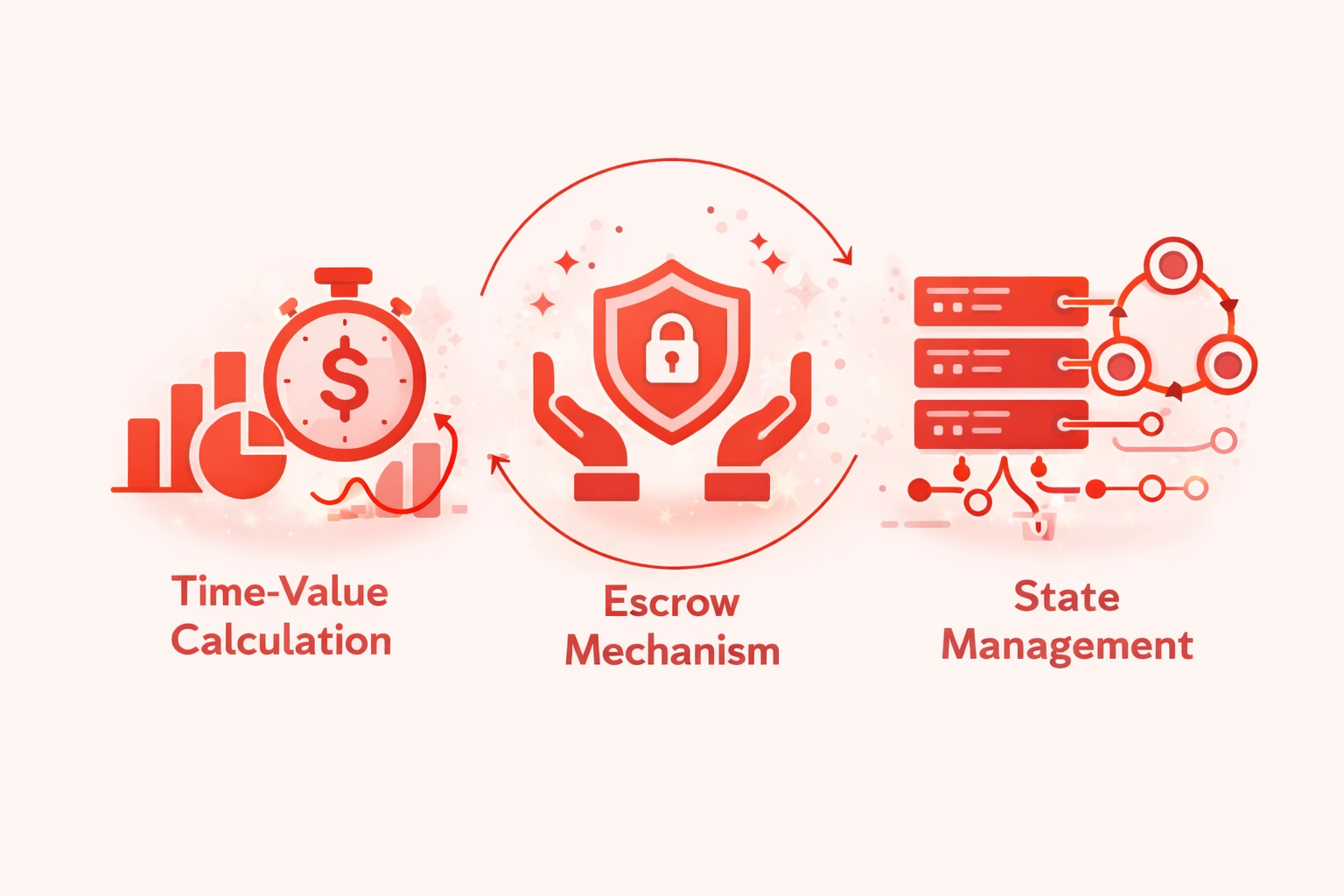
Core Principles Behind Smart Contract Payment Streams
Time-Value Calculation
- Per-second rate computation
- Block timestamp utilization
- Accrual balance tracking
- Real-time availability
Escrow Mechanism
- Funds locked in contract
- Cryptographic security
- Trustless fund management
- Automated release logic
State Management
- Stream status tracking
- Withdrawal history
- Balance reconciliation
- Event emission logging
Key Components of a Streaming Payment System
Every streaming payments in smart contract implementation requires essential components working together. The core contract manages stream creation, balance calculations, and withdrawal processing. A robust time oracle provides accurate timestamps for accrual computations. Token interfaces enable multi-asset streaming beyond native currencies. Access control mechanisms ensure only authorized parties can modify stream parameters. Our implementations across USA, UK, UAE, and Canadian markets consistently incorporate these components for production-ready solutions.
Industry Standard: Production streaming systems require minimum 95% uptime guarantees and sub-second balance calculation accuracy.
Use of Time-Based Logic in Smart Contract Payments
Time-based logic forms the foundation of streaming payments in smart contract architecture. Contracts utilize block timestamps to calculate elapsed duration since stream initiation. The formula multiplies elapsed seconds by the per-second rate to determine withdrawable balances. This approach ensures mathematical precision while maintaining gas efficiency. Advanced implementations incorporate buffer periods, cliff vesting, and variable rate schedules for complex compensation structures used by enterprises across Dubai financial centers and North American tech hubs.
Rate Calculation
Timestamp Source
Withdrawal Access
Role of Automation in Real-Time Blockchain Payments
Automation distinguishes streaming payments in smart contract systems from manual payment processes. Once configured, streams operate autonomously without human intervention. Balance calculations occur automatically when recipients query their withdrawable amounts. Some implementations integrate with Chainlink Keepers or Gelato Network for automated top-ups and stream renewals. This automation reduces administrative overhead by 90% compared to traditional payroll systems while eliminating payment processing errors common in manual operations.
Benefits of Streaming Payments for Businesses and Users
| Stakeholder | Benefit | Impact |
|---|---|---|
| Employers | Improved cash flow management | 30% reduction in working capital needs |
| Employees | Instant access to earned wages | Elimination of payday loan reliance |
| Service Providers | Continuous revenue recognition | Predictable income forecasting |
| Subscribers | Pay only for time used | Fair billing without overpayment |
| DAOs | Transparent contributor compensation | Enhanced governance trust |
Streaming Payment Implementation Lifecycle
Requirements Definition
Define payment rates, duration, token types, and cancellation policies for streaming use case.
Protocol Selection
Choose between Sablier, Superfluid, or custom implementation based on requirements.
Smart Contract Configuration
Configure stream parameters, access controls, and integration with existing systems.
Security Audit
Conduct thorough security review of custom code and integration points.
Testnet Validation
Deploy and test complete streaming workflows on testnet with realistic scenarios.
Mainnet Deployment
Deploy to production network with initial low-value streams for verification.
User Onboarding
Train recipients on withdrawal processes and provide monitoring dashboards.
Ongoing Monitoring
Monitor stream health, balance levels, and implement alerts for anomalies.
Ready to Tokenize Your Real Estate Assets?
Partner with experienced tokenization experts who understand regulatory compliance, blockchain security, and investor protection across global markets.
Real-World Use Cases of Streaming Payments
Streaming payments in smart contract implementations power diverse applications across industries. Superfluid processes real-time salary payments for distributed teams, with employees withdrawing earned wages daily instead of waiting for monthly payroll. Sablier enables token vesting schedules where investors receive allocations gradually over years. Content platforms use streaming to pay creators per second of viewership. UK-based DAOs distribute contributor rewards continuously, while UAE investment firms stream dividends to token holders in real-time.[1]
Streaming Payments in DeFi and Web3 Ecosystems
DeFi Applications
- Yield streaming to depositors
- Interest accrual distributions
- Protocol fee sharing
- Liquidity mining rewards
DAO Operations
- Contributor compensation
- Grant disbursements
- Treasury distributions
- Governance incentives
NFT Ecosystems
- Royalty streaming
- Rental income flows
- Creator subscriptions
- Membership benefits
Security Considerations in Real-Time Smart Contract Payments
| Security Aspect | Risk | Mitigation |
|---|---|---|
| Reentrancy Attacks | Fund drainage during withdrawal | Checks-effects-interactions pattern |
| Timestamp Manipulation | Incorrect balance calculations | Block number fallbacks |
| Access Control Bypass | Unauthorized stream modifications | Role-based permissions |
| Integer Overflow | Calculation errors | SafeMath libraries |
Cost Efficiency and Gas Optimization in Streaming Transactions
Gas optimization critically impacts streaming payments in smart contract viability. Single stream creation replaces multiple individual transactions, reducing total gas consumption by 60-80%. Layer 2 networks like Polygon and Arbitrum further decrease costs to fractions of a cent per operation. Batch withdrawal functions enable recipients to claim from multiple streams simultaneously. Our implementations across USA, UK, UAE, and Canadian clients consistently achieve sub-$1 total costs for year-long salary streams on optimized networks.
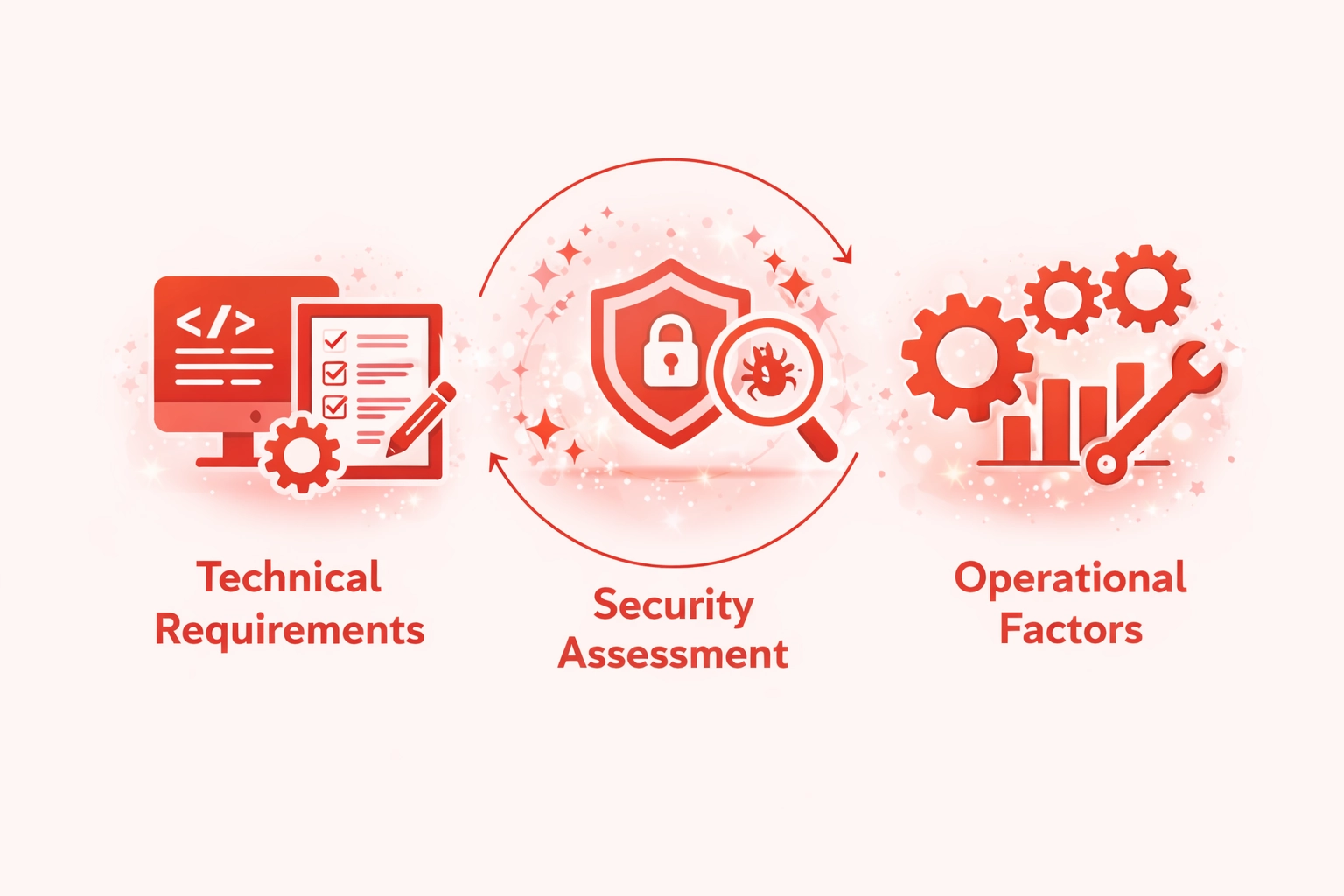
Streaming Payment Protocol Selection Criteria
Technical Requirements
- Network compatibility needs
- Token standard support
- Integration complexity
- Customization flexibility
Security Assessment
- Audit history review
- Bug bounty programs
- Track record evaluation
- Insurance availability
Operational Factors
- Gas cost projections
- User interface quality
- Documentation depth
- Support responsiveness
Challenges and Limitations of Streaming Payments
| Challenge | Description | Current Solutions |
|---|---|---|
| Price Volatility | Token value fluctuations affect real purchasing power | Stablecoin streaming |
| Tax Complexity | Continuous income recognition challenges | Reporting tool integrations |
| User Experience | Wallet complexity for mainstream users | Abstracted interfaces |
| Regulatory Uncertainty | Unclear legal status in some jurisdictions | Legal consultation |
Authoritative Industry Standards for Streaming Payments
Standard 1: All streaming payment contracts must undergo professional security audits before handling production funds.
Standard 2: Implement emergency pause mechanisms enabling stream suspension during security incidents.
Standard 3: Maintain comprehensive event logging for all stream operations enabling full audit trails.
Standard 4: Use established protocols for production deployments rather than untested custom implementations.
Standard 5: Implement rate limiting and withdrawal caps to minimize potential loss from exploits.
Standard 6: Document all stream parameters and provide clear recipient interfaces for monitoring balances.
Streaming Payment Compliance Checklist
| Requirement | Description | Priority |
|---|---|---|
| Security Audit | Third-party audit of all custom streaming logic | Critical |
| Access Controls | Role-based permissions for stream management | Critical |
| Event Logging | Comprehensive logging of all stream operations | High |
| Tax Documentation | Export capabilities for financial reporting | High |
| User Training | Recipient education on withdrawal procedures | High |
Future of Streaming Payments in Blockchain Finance
The future of streaming payments in smart contract technology promises transformative innovations. Cross-chain streaming will enable payments flowing seamlessly across Ethereum, Solana, and emerging networks. Programmable payment conditions will trigger streams based on real-world events via oracle integrations. Traditional banking integrations will bridge streaming to conventional accounts, enabling mainstream adoption. Our projections indicate 40% annual growth in streaming payment volume across USA, UK, UAE, and Canadian markets through 2028.
With eight years of experience implementing blockchain payment solutions, our agency recognizes streaming payments as a foundational technology reshaping financial relationships. Organizations adopting streaming payments today gain competitive advantages in talent acquisition, cash flow management, and operational efficiency. As infrastructure matures and user experience improves, streaming payments will transition from innovative capability to standard business practice across global markets.
Implement Streaming Payments for Your Organization
Partner with our experienced blockchain team to deploy streaming payments in smart contract solutions across USA, UK, UAE, and Canada.
Frequently Asked Questions
Streaming payments in smart contract technology enable continuous fund transfers over time rather than single lump-sum transactions. The smart contract calculates and releases payments per second or block, allowing recipients to withdraw earned amounts anytime while maintaining sender control over remaining funds.
Traditional payments transfer entire amounts instantly, while streaming payments in smart contract systems distribute funds gradually over defined periods. This approach improves cash flow management, reduces counterparty risk, and enables real-time compensation models impossible with conventional banking infrastructure.
Streaming payments in smart contract implementations offer improved cash flow control, reduced payment disputes, automated payroll processing, and enhanced trust between parties. Businesses benefit from lower administrative costs, real-time financial visibility, and elimination of payment processing intermediaries.
Major platforms supporting streaming payments in smart contract functionality include Ethereum, Polygon, Arbitrum, and Optimism. Protocols like Sablier, Superfluid, and LlamaPay provide ready-to-use streaming infrastructure across these networks for immediate implementation.
When properly implemented, streaming payments in smart contract systems offer strong security through cryptographic verification and immutable transaction records. However, security depends on contract auditing, proper access controls, and selecting battle-tested protocols for mission-critical applications.
Costs for streaming payments in smart contract implementations vary based on complexity, blockchain network, and customization requirements. Basic integrations using existing protocols cost minimal gas fees, while custom solutions require smart contract auditing and ongoing maintenance investments.
Most streaming payments in smart contract systems allow senders to cancel or modify streams under predefined conditions. Recipients can typically withdraw accumulated funds before cancellation, while remaining balances return to senders based on contract-defined rules.
Reviewed & Edited By

Aman Vaths
Founder of Nadcab Labs
Aman Vaths is the Founder & CTO of Nadcab Labs, a global digital engineering company delivering enterprise-grade solutions across AI, Web3, Blockchain, Big Data, Cloud, Cybersecurity, and Modern Application Development. With deep technical leadership and product innovation experience, Aman has positioned Nadcab Labs as one of the most advanced engineering companies driving the next era of intelligent, secure, and scalable software systems. Under his leadership, Nadcab Labs has built 2,000+ global projects across sectors including fintech, banking, healthcare, real estate, logistics, gaming, manufacturing, and next-generation DePIN networks. Aman’s strength lies in architecting high-performance systems, end-to-end platform engineering, and designing enterprise solutions that operate at global scale.
